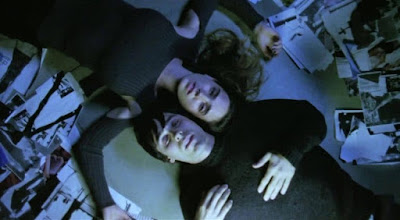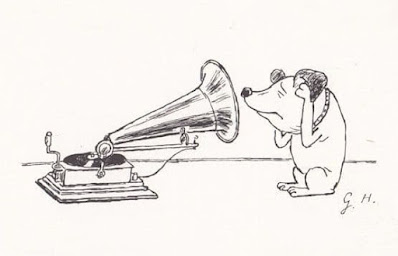Only now have I got round to reading Jonathan Coe’s Mr Wilder & Me, about Calista, an awkward 20-something who finds herself working with Billy Wilder on his not-great 70s movie Fedora. Much is made of the protagonist’s ignorance (when she first meets Wilder she has no idea who he is) and how difficult it was in those analogue days to remedy such ignorance.
Except that she remedies it:
...and I went to Foyle’s on the Charing Cross Road hunting for film books. I bought two, one called Halliwell’s Film Guide and one called Halliwell’s Filmgoer’s Companion, and for the next few months, back in Greece, I pored over them night and day, memorising not just the facts they contained but also the opinions... by the summer of 1977, my knowledge of film had gone from being non-existent to being literally encyclopaedic.
The point being that in those pre-VHS days, her encyclopaedic knowledge doesn’t extend to watching any films that she hasn’t encountered by chance on TV, so she’s reduced to regurgitating Leslie Halliwell’s (rather reactionary) opinions, even when she’s talking to the people who made the films in the first place. I got into films a few years later, also with Halliwell as my grumpy gatekeeper, and although video was slowly making things easier, I can identify with Calista’s situation, of knowing about the films, years before ever really knowing them.
Which feels like a pretty reductive kind of knowledge (knowledge without experience, without true understanding). Except that, in today’s world, where the films themselves, and all the facts about them, and Halliwell’s and everybody else’s thoughts on them, are all available at the touch of a button, people apparently feel less of a need to know (in whatever sense you like) than Calista or I did.














































